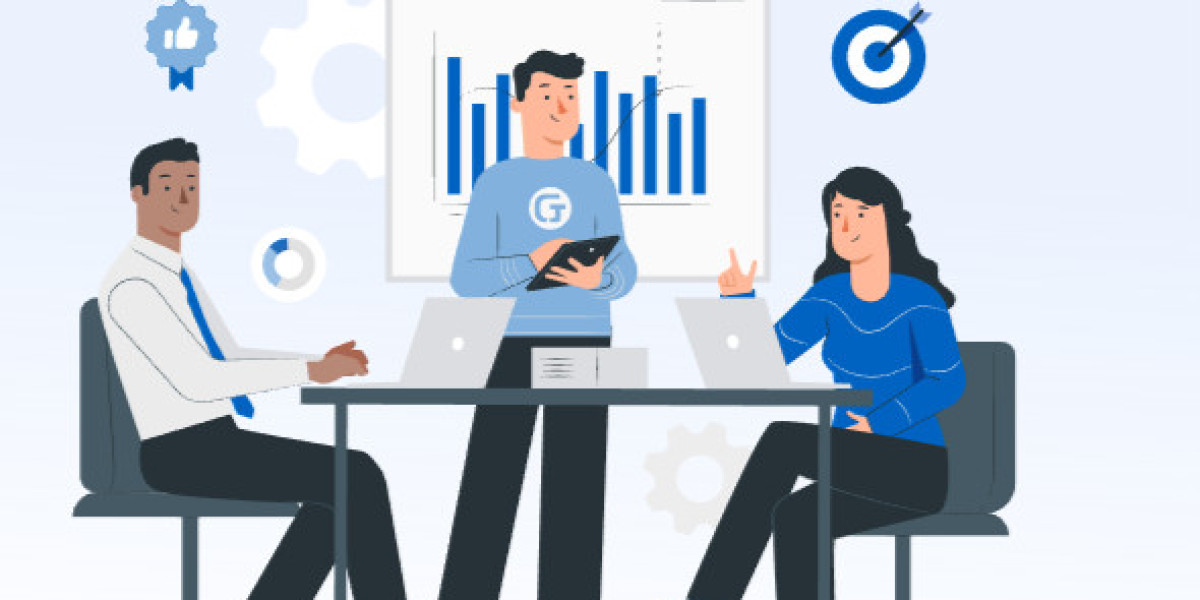In today's interconnected world, social media platforms are not just spaces for sharing photos and staying in touch with friends—they are pivotal arenas for communication, business, and even political engagement. However, as their influence has grown, so too has the threat of social media hacking. This malicious activity can have devastating consequences for individuals and organizations alike, making it imperative to understand and address the risks involved.
The Rise of Social Media Hacking
Social media hacking involves unauthorized access to someone's social media accounts, typically with the intent to steal information, spread malware, or cause reputational damage. Over the past decade, such incidents have become increasingly common, largely due to the expanding number of users and the value of the data stored on these platforms.
Hackers employ various methods to gain access to social media accounts. Phishing remains one of the most prevalent techniques, where attackers trick users into revealing their login credentials through deceptive emails or messages. Other methods include exploiting weak passwords, security vulnerabilities within the platforms themselves, or using malware to capture login details.
Consequences of Social Media Hacking
The impact of social media hacking can be far-reaching. For individuals, a hacked account can lead to identity theft, financial loss, and significant emotional distress. Personal information, including private messages and photos, can be exposed or manipulated, causing severe embarrassment or harm.
For businesses and public figures, the stakes are even higher. A compromised account can lead to the leakage of sensitive corporate information, loss of customer trust, and severe damage to the brand’s reputation. In some cases, hackers take control of official accounts to spread false information or conduct fraudulent activities, leading to substantial financial losses.
Notable Incidents
Several high-profile cases highlight the severe consequences of social media hacking. In 2020, a major hack on Twitter saw the accounts of prominent figures such as Elon Musk, Barack Obama, and Bill Gates being used to promote a Bitcoin scam. This incident underscored the vulnerabilities even in well-established platforms and the potential for widespread disruption.
Similarly, the hack of the Democratic National Committee's emails, which were subsequently published on social media, played a significant role in shaping the discourse of the U.S. presidential election. These examples demonstrate that social media hacking can have implications far beyond individual users, affecting political processes and global events.
Protecting Against Social Media Hacking
While the threat of social media hacking is real, there are steps that individuals and organizations can take to protect themselves. Firstly, using strong, unique passwords for each account and enabling two-factor authentication (2FA) adds an extra layer of security. 2FA requires users to provide two forms of identification before accessing their accounts, significantly reducing the likelihood of unauthorized access.
Regularly updating passwords and being cautious of unsolicited messages or links can also help mitigate the risk of phishing attacks. Additionally, users should be vigilant about the permissions they grant to third-party applications, as these can sometimes be exploited by hackers.
For businesses, it is essential to implement comprehensive security protocols and regularly educate employees about the dangers of social media hacking. This includes monitoring for unusual account activity and having a response plan in place should a breach occur.
For More Info:-








